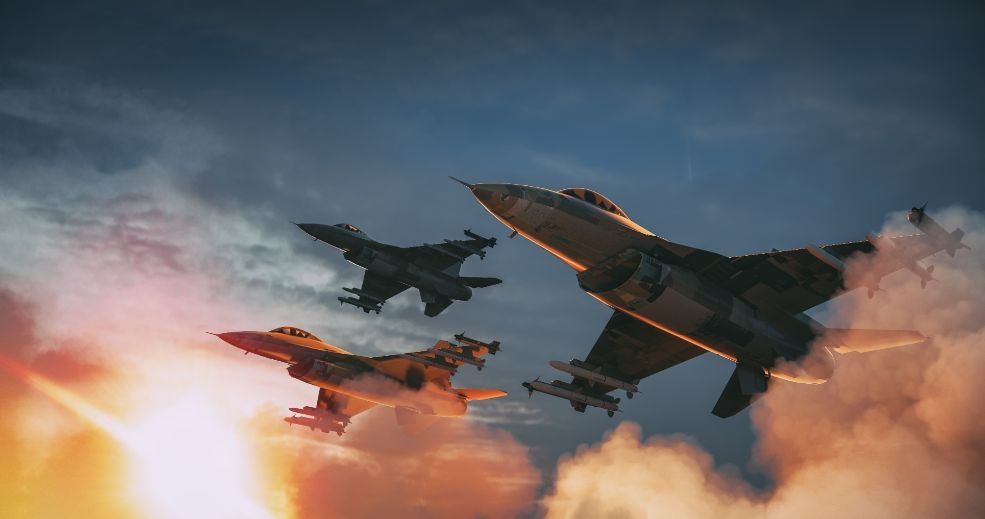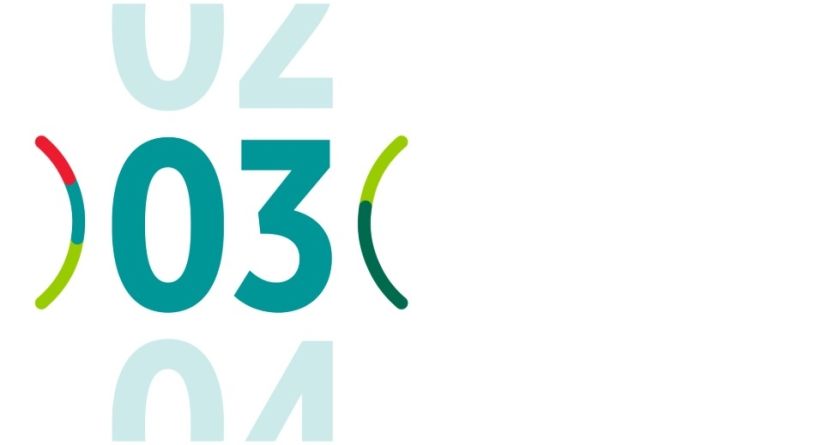
Collaborative combat: the stakes of the competition between the European and US defence industries
The Future Combat Air System (FCAS) is a European project backed by France, Germany and Spain whose objective is to produce smart air combat systems run jointly at the European level. In addition to a New Generation Fighter (NGF) aircraft, it also notably incorporates smart support drones.
It is crucial for Europe to overcome national rivalries to successfully complete this project and build an alternative to the hegemonic F-35, a particularly popular American fighter jet in European countries. In this context, the digital and cybersecurity sectors are becoming increasingly strategic to process and safeguard combat data, which is essential for the ‘collaborative combat’ features of next-generation equipment.
10 takeaways:
- Fighter jets will be more and more connected in the future. That will make it critical to safeguard and process the data shared.
- The FCAS is a European project which aims not only to develop a new combat aircraft, but a comprehensive, collaborative air defence system.
- The strength of air forces lies in their ability to share information in real time. Logically, they’ve been involved in developing the most innovative solutions since the advent of the internet.
- Having control over data-processing technology is a requirement for military sovereignty – a requirement the FCAS's ‘combat cloud’ has to meet.
- The major challenge for the FCAS is gathering enough industrial partners to establish its legitimacy in Europe while keeping the project consistent in industrial and strategic terms.
- To guarantee air supremacy, interaction between all military systems needs to pick up speed.
- The capacity of the equipment for collaborative combat and interoperability is becoming an ever-stronger distinguishing factor than aircraft performance alone.
- The US technologically blocks their existing advantages from export by forcing the use of its telecom solutions, which limits interoperability between systems.
- The FCAS will have to retort by imposing European interoperability standards to lend credibility to its response to the F-35.
- For the purposes of the FCAS, collectively managing combat data in an intermilitary cloud will cause major turbulence for European armed forces from an organisational standpoint.
For more information, see our french publication Perspectives – “Collaborative combat: competition between the European and US defence industries” on 27 June 2023







